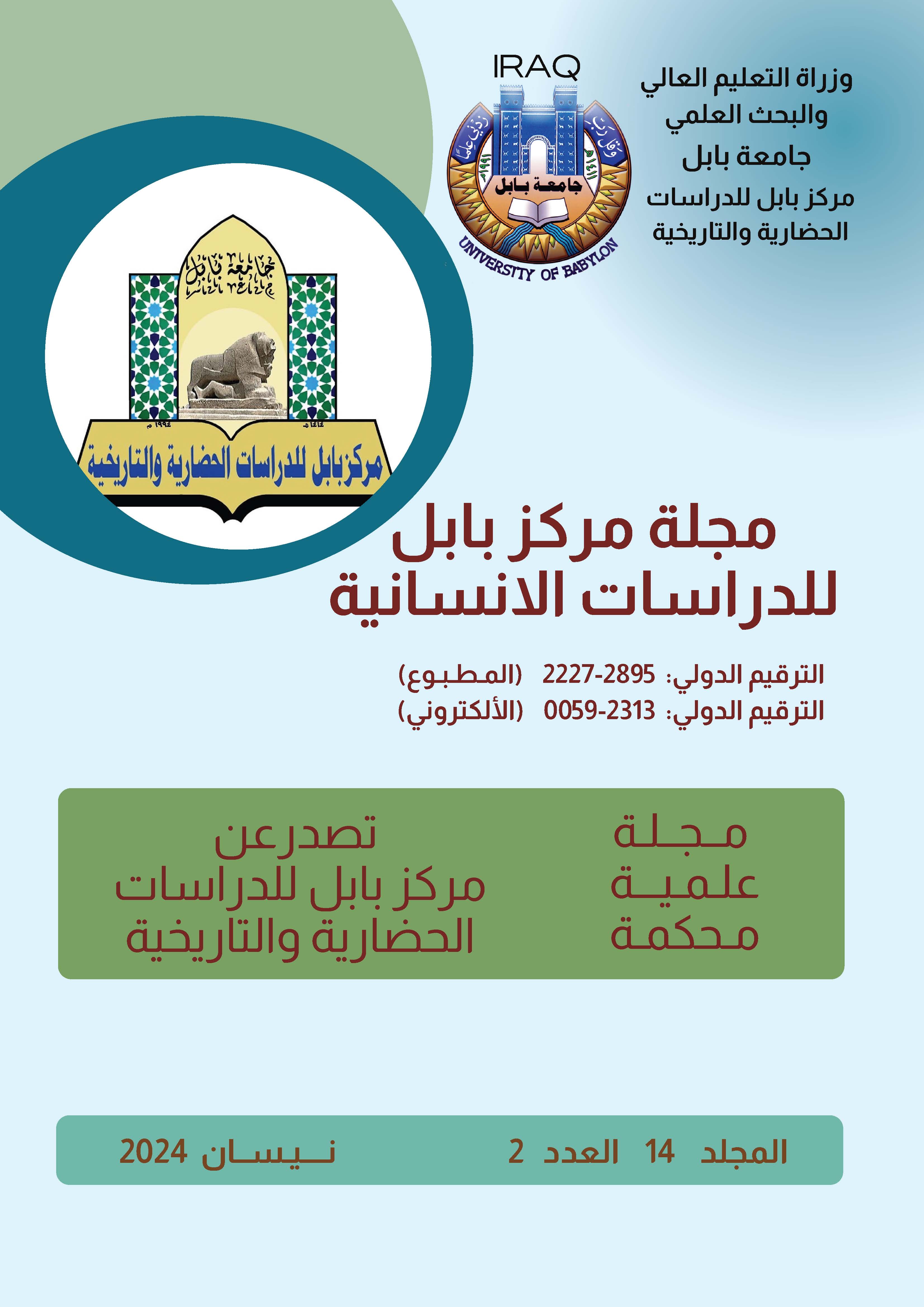Fallacy in Argumentative Procedures (Interpretation of the Ocean Sea as a Model)
Keywords:
A dialogue – dialogue – fallacy – authority – Personal attackAbstract
This research deals with one of the images of pilgrims, which is the fallacy or sophistry in the practice of pilgrims in the interpretation of Al-Bahr Al-Muhit by Abi Hayyan Al-Andalusi. Authority or the fallacy of the straw man or the fallacy of contradiction or confiscation of what is required and others, the fallacy aims by means of it to entrap the opponent and undermine him by belittling his image or insulting him with the aim of degrading his value and his product, so that he is the focus of his disintegration and scarcity for the addressee, and often in personal disputes and dialectical dialogues. Misrepresentation is a form of al-Hajjaj’s form that is based on bad faith and aims to mislead, and is often present in personal disputes and dialectical dialogues, as each interlocutor seeks to undermine his interlocutor through illegal means. Abu Hayyan practiced this argumentative image in his response to his opponents, and he was in Some of the topics are deceptive, references. The dialogue was not always rational and logical. Rather, it took crooked and erroneous paths in an effort to achieve victory. Abu Hayyan used to slander in the harshest terms Al-Zamakhshari, Ibn Attiya, Al-Razi, and Abu Ali Al-Farsi, or against those who composed a reading, and he would defend with all evidence and arguments until the reading was proven, or He found an explanation for it, but he remained silent when Sibawayh and Abu Amr bin Al-Ala composed the reading of these reciters, which means that his interpretation was linked to personal and objective motives. These declared and explicit fallacies in his positions and responses were not in a vacuum, but rather sectarian, grammatical, and doctrinal motives lurk behind them. And a personality, seeking to establish belief and prove oneself. Abu Hayyan represented the head of the Zahiri school of thought. He was apparent in its practice and conduct. He dialogued with the schools of thought and argued with them, and made mistakes in some places in an effort to achieve victory and superiority, or to make the listener believe that he was victorious.







